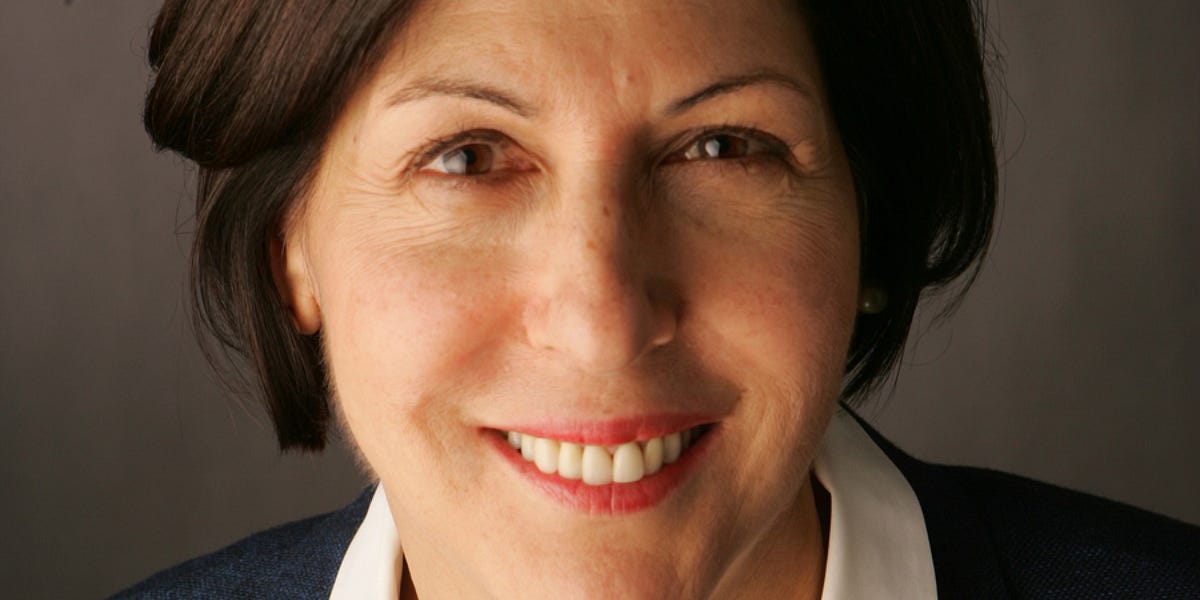Bussiness
Business Profile: Chenier’s Greenhouse continues to grow, improve

R. R. Branstrom | Daily Press
Nick and Abbey Chenier tidy one of the greenhouses at Chenier’s after a morning rush.
EDITOR NOTE: The Daily Press will be featuring a series of articles on local businesses, highlighting their history and what makes them unique. The series will run on a regular basis in the Daily Press.
— — —
FLAT ROCK — For 48 years, Chenier’s Greenhouse has been steadily growing and improving in ways geared to promote efficiency, quality, and consistency — plus provide a pleasing shopping experience for customers.
Last week, Nick Chenier and his wife Abbey sat down with the Daily Press to discuss the present state of Chenier’s and where it’s been.
In 1976, Harold and Sharon Chenier first started the business with two greenhouses. Their six children all worked there, and then another generation of 16 grandchildren came up and also helped in the business.
Nick belongs to the third generation, and he and Abbey are pleased to be expecting a child of the fourth.
They’re also proud of the fact that while Chenier’s is a family business, it wasn’t simply handed along.
The current partnership of owners — all Cheniers — is made up of Nick’s parents, John (son of Harold and Sharon) and Yvonne; Nick; Abbey; and Nick’s brother, Mike.
In 2019, John and Nick bought the business from John’s five other siblings, and while it was hard work to stay on top of everything, they do it out of passion, enjoyment, and genuine interest in growing practices and the operation as a whole.
Nick feels that the hands-on learning he gained from working at the greenhouse while growing up paired with a drive to improve has helped make Chenier’s successful.
“(We) continue to do research on getting the best genetics,” said Nick. “There’s thousands of different types of petunias and different breeds… They have different habits, better performance. And so we spend a lot of time perfecting, getting the best genetics that perform better.”
Chenier’s Greenhouse carries a lot of annuals, which Nick says are great because they bloom throughout the season, as opposed to perennials which are only in full bloom for about two weeks or so a year. Chenier’s does carry plenty of perennials, too, in addition to hanging baskets, vegetables, and unique planters in fun shapes.
Nick said that the unique watering cans and animal-shaped planters, selected for them and arranged by designer Amy Cousineau, are something Chenier’s is known for. They reside in a showroom adjacent to the parking lot and sometimes head to trade shows.
A change in trend from the garden beds of years past, “A lot of people now are moving more towards buying a planter and putting it on their porch,” Nick noted, crediting a busier lifestyle. “It’s more or less container garden… Containers together on the patio — it’s just easier to maintain.”
While there is a huge variety, “everything we grow will grow in our zone,” said Abbey. “We don’t have anything that won’t do well here.”
This is in contrast to big box stores, which tend to ship the same line of products to all outlets of their chains, regardless of region.
At Chenier’s, growing begins at the end of February, and production ramps up throughout the early spring. The five greenhouses they sell out of open for retail sales to the public in May and June. Nick said Chenier’s retains about 25 part-time seasonal employees during the busy months, plus family members. He credited the “amazing team of workers” for making the fruitful operation possible.
With the last of their inventory gone — they sell nearly everything, and donate the rest when closing for the year — the Cheniers take July off. Then, beginning in August, improvement projects take place. These can take a number of forms.
“For example, we’ve probably poured a couple hundred yards of concrete over the years, just in retail greenhouses to make life easier for the customers as far as pushing carts,” Nick said.
“We really focus on the customer shopping experience, too. Like, you’re not coming here just to buy a commodity — a big part of plants is just the shopping experience that goes along with it. And that’s why we do our very best to keep the greenhouses very organized and things together, and we put the same plants pretty much in the same place every year, just like a grocery store.”
Under the current management over the last few years, improvements have included additional greenhouses — they now have 18, most just for propagating and growing plants that are then stocked into the retail ones — and automated climate control.
In 2020, they expanded into new territory by purchasing a second location in Norway. Nick noted that buying a business during COVID was “shaky,” but ultimately was a good move.
“It was the right time, right place,” he said.
Formerly “The Garden Place,” Chenier’s Greenhouse-Norway has had a bit of a facelift.
“We added in another greenhouse out there to able to hold more product, and then just did a lot of different upgrades — new furnaces, more concrete — just a lot of improvement projects to make the spring easier,” Nick explained.
Between the two locations, Chenier’s has roughly 65,000 square feet of growing space and attracts customers from around the U.P. and Wisconsin.
Content with where the business currently stands, they have no big developments planned.
“One thing we’ll never do is sacrifice quality just to grow more,” said Nick, and it shows — everything looked healthy and lush when the Daily Press toured the facilities, and reviews from customers are positive.
Rooted in a belief that it’s important to give back, Nick serves on a number of boards in the area and, as a business owner, works hard to make sure Chenier’s Greenhouse continues to be a benefit to the community.










